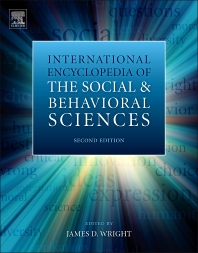Stephen Daniels and Joanne Martin examine how the tort reform movement’s rhetoric portrays the civil justice system as dystopian, casting plaintiffs’ lawyers as villains and undermining access to justice and confidence in the rule of law.
This chapter examines impeachment from a global perspective by exploring the ways in which it is set up and used in diverse national contexts.
Jothie Rajah explains the land grab in the Mubende District of Uganda through a global sociolegal approach.
This book chapter by Beth Mertz discusses how empirical critical race and anthropological perspectives can help explain implicit bias.
Reuben J. Miller reveals how the criminal record draws in actors outside of the criminal legal system to encourage, shape and produce new social forms.
Shari Seidman Diamond’s chapter in The Roots of Modern Psychology and Law offers a personal narrative of her contributions to law and psychology.
ABF’s Elizabeth Mertz analyzes interactions between legal and linguistic scholars to demonstrate ways in which law resists translations from other disciplines.
This chapter, featuring Carol A. Heimer, analyzes the difference between law in action and law on the books through a case study of HIV clinics around the world.
This book chapter argues for an interdisciplinary synthesis of methods and theories to be taught in law schools to better inform new lawyers and jurists.
By Susan P. Shapiro, this book chapter delves into the world of white-collar crime, its characteristics, and how it differs from other types of criminal activity.

